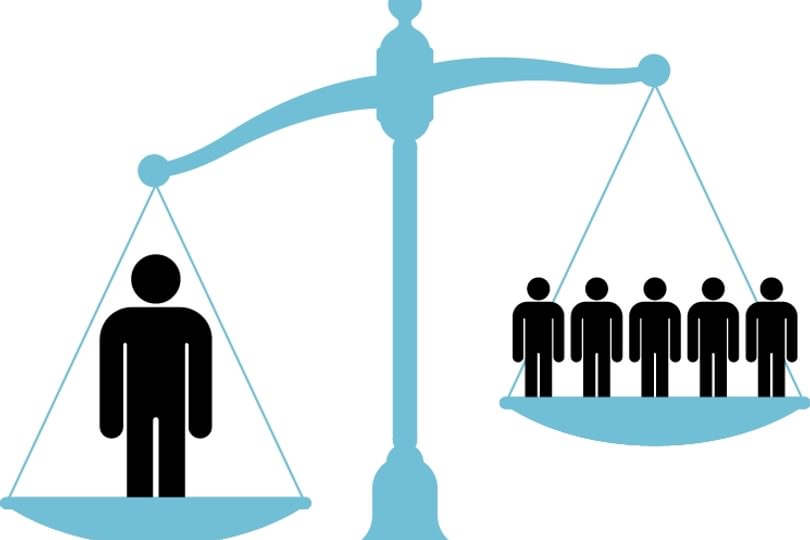
A new book examining changes in living standards in ten affluent countries shows there's no 'one size fits all' answer when looking at the impact of inequality and stagnating incomes on economic performance, social solidarity and political stability.
Edited by INET Oxford's Professor Brian Nolan, who heads up the Oxford Martin Programme on Inequality and Prosperity, the book's in-depth case studies identify just how varied the experiences of individual OECD countries have been over the past few decades.
The authors' findings include:
- The US, with a particularly toxic combination of pronounced, sustained increases in inequality together with long-term stagnation in wages and middle incomes, is an outlier in comparative terms;
- The UK saw a similar increase in inequality but much higher median income growth than the US since 1980 (albeit not from the mid-2000s);
- Australia and Canada also had relatively rapid, if again patchy, middle income growth despite a considerable increase in inequality;
- Germany and Italy had little income growth and increasing inequality from the late 1980s, while the Netherlands had somewhat higher though still modest growth;
- France combined little increase in inequality and modest income growth, whereas Belgium and Spain saw greater increases in middle incomes over the decades.
Professor Nolan said: "These in-depth case-studies bring out just how much macroeconomic contexts, institutions and policies differ across the rich countries, and how important it is to take this into account in thinking about the impact of global economic forces such as globalisation and technological change on inequality and living standards."
'Inequality and Ordinary Living Standards in Rich Countries: Shared Challenges and Contrasting Fortunes' is available now from Oxford University Press.